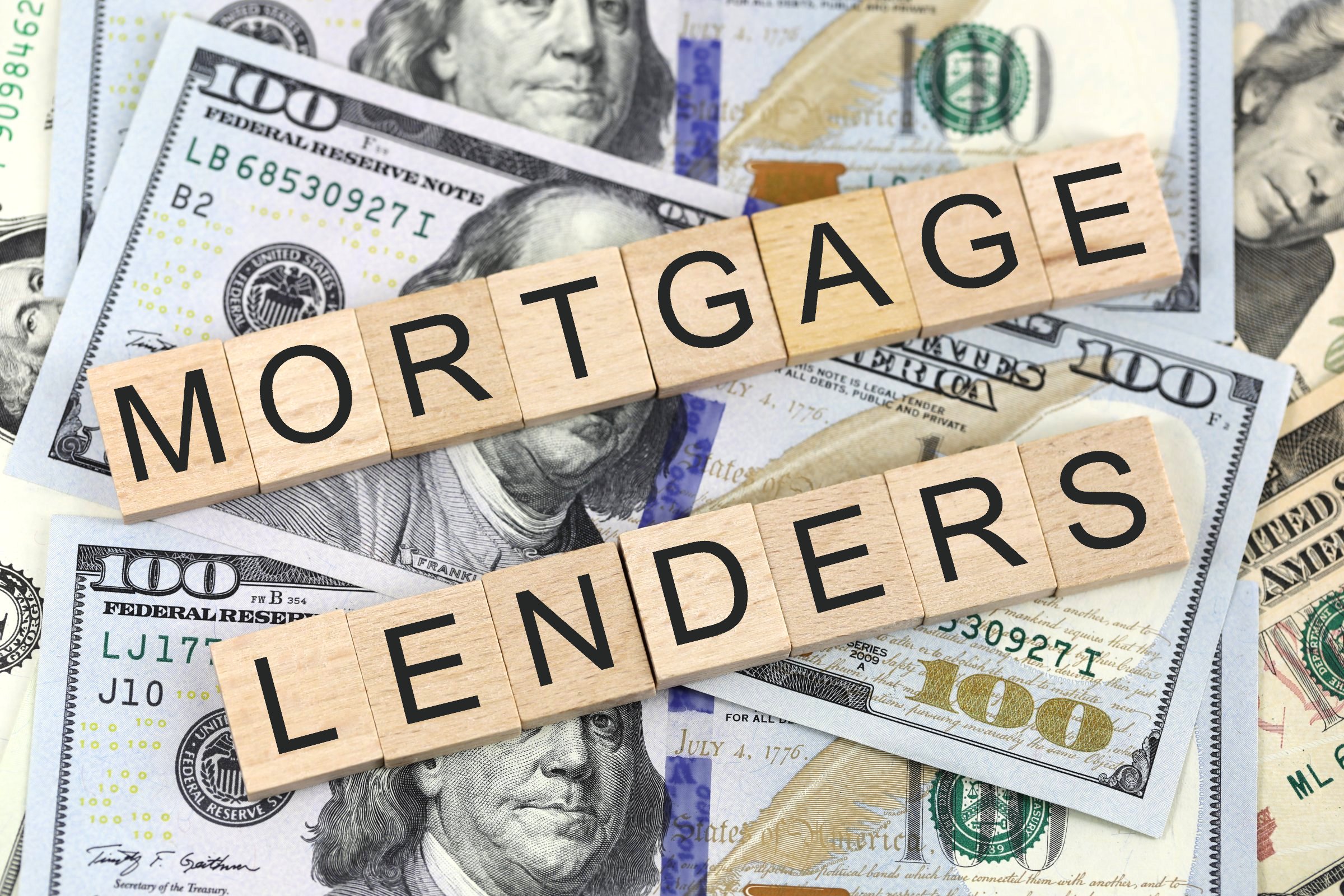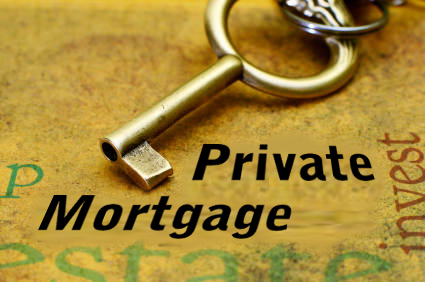How to improve your chances with private mortgage lenders savannah ga
Wiki Article
Just how It Works: A Comprehensive Overview to Mortgage Lending for First-Time Buyers
Navigating the globe of mortgage lending can be intimidating for novice purchasers. Comprehending the basic parts like principal, passion, and deposits is vital. Furthermore, recognizing the different kinds of home loan and the application procedure can considerably influence one's experience. By discovering crucial aspects that affect passion prices, customers might reveal valuable insights. What else should they consider before making such a substantial economic commitment?Comprehending Mortgage Basics
When novice customers enter the domain of homeownership, recognizing mortgage fundamentals comes to be critical for making notified choices. A mortgage is essentially a financing secured by the residential property being acquired, allowing people to get a home without paying the full cost upfront. Customers must understand key components, including principal, interest, tax obligations, and insurance policy, often summarized as PITI. The principal is the amount borrowed, while interest is the expense of borrowing that amount, revealed as a percentage. Tax obligations and insurance are extra costs that can noticeably impact month-to-month payments. Purchasers need to additionally consider the finance term, generally 15 or three decades, which influences payment amounts and general passion paid. Understanding credit score scores is important, as they affect loan eligibility and rate of interest. Understanding these essential principles empowers first-time buyers to navigate the mortgage landscape with confidence and choose that straighten with their economic goals.Kinds of Mortgage Loan
When taking into consideration mortgage choices, newbie customers often come across 2 primary types: fixed-rate and adjustable-rate home loans. Fixed-rate home loans provide security with regular settlements over the financing's term, while variable-rate mortgages can provide reduced first prices that may vary in time. Understanding these differences is important for making an informed choice.Fixed-Rate Home mortgages
Fixed-rate home mortgages give security and predictability for newbie buyers steering the complexities of home financing. With a fixed-rate mortgage, the rates of interest continues to be consistent throughout the loan term, typically varying from 15 to three decades. This consistent price enables purchasers to plan their spending plans successfully, understanding that their regular monthly repayments will not rise and fall. Newbie buyers profit from this structure as it eliminates unpredictability in long-term economic commitments. In addition, fixed-rate home loans typically include lower first prices compared to adjustable-rate choices, making them an appealing option for those seeking to develop home equity gradually. In general, fixed-rate home mortgages provide a straightforward course to homeownership, ideal for individuals looking for long-term monetary security.Adjustable-Rate Mortgages
For novice buyers seeking versatility, adjustable-rate home mortgages (ARMs) can provide an attractive choice to fixed-rate fundings. ARMs typically provide reduced first rate of interest, making month-to-month payments much more cost effective in the very early years. However, these rates vary after a first set duration, which can cause boosted settlements with time. Customers must comprehend the index and margin that establish future price changes. Commonly, ARMs have adjustment periods of one, 3, or 5 years, with routine caps to restrict just how much prices can increase at each modification. While ARMs can be useful for those planning to sell or refinance prior to the price readjusts, they likewise lug threats if market problems change significantly. Extensive study is essential for educated decision-making.The Mortgage Application Process

Secret Aspects Influencing Rate Of Interest Prices

Deposits and Closing Costs
Understanding down payments and closing costs is vital for newbie property buyers, as these costs considerably affect the general cost of a home loan. A deposit is the preliminary amount paid towards the home's purchase rate, typically expressed as a percent. It can vary from as reduced as 3% to 20% or more, depending on the car loan type and lender needs. A larger down settlement can minimize monthly mortgage repayments and get rid of personal mortgage insurance coverage (PMI), which protects lenders in situation of default.Closing expenses, on the various other hand, encompass various charges incurred during the home-buying process. These might include funding origination costs, evaluation fees, title insurance, and lawyer fees, generally amounting to 2% to 5% of the home's purchase rate. Novice buyers must allocate both down payments and shutting costs to ensure they can secure their mortgage and efficiently navigate the home-buying procedure.Tips for First-Time Homebuyers
What important pointers can novice buyers follow to browse the frequently tough process of buying a home? Initially, setting a practical budget is essential. Customers should examine their economic situation, consisting of revenue, expenses, and prospective mortgage settlements. Next, acquiring pre-approval for a home mortgage can offer clearness on what one can pay for and reinforce their position when making an offer.Researching neighborhoods is similarly vital; buyers ought to think about aspects such as amenities, schools, and future advancements. Furthermore, it is suggested to deal with a qualified real estate agent best site who can use useful understandings and advice throughout the acquiring process.Home inspections should not be neglected, as they can uncover covert problems that may affect long-term fulfillment. Ultimately, customers must continue to be individual and adaptable, recognizing that discovering the ideal home may take some time. By complying with these ideas, first-time homebuyers can approach the market with confidence and knowledge.Frequently Asked Questions
What Files Are Needed for Mortgage Pre-Approval?
For mortgage pre-approval, people generally require to supply revenue verification, work background, credit history reports, income tax return, bank declarations, and details of any type of debts (Private Mortgage Lenders Savannah GA). These records aid loan providers evaluate financial capacity and establish loan qualificationCan I Obtain a Mortgage With Bad Credit Rating?

Many loan providers take into consideration candidates with poor credit, though terms might vary. Greater interest prices or bigger deposits might be needed. Exploring options with specialized loan providers or federal government programs can also enhance chances for approval.
How much time Does the Mortgage Approval Process Take?
The mortgage authorization procedure generally takes in between 30 to 45 days. Variables affecting this timeline consist of the lender's efficiency, the customer's monetary paperwork, and the intricacy of the car loan application. Delays may happen because of extra demands.What Occurs if I Miss a Mortgage Repayment?
If a home loan repayment is missed, late fees may be sustained, and credit rating can endure. Extended non-payment may bring about repossession proceedings, motivating the lender to redeem the residential property after a collection of cautions.Can I Re-finance My Mortgage Later On?
Refinancing a home loan later is typically possible, allowing home owners to readjust their loan terms, rates of interest, or regular monthly payments. Qualification depends on credit history ratings, present market problems, and the existing mortgage's terms.Report this wiki page